The F-Word. Fidelity & Why it May Be a Fallacy for EL InstructionBuzzwords in education are like mosquitos. They are here for a while and during that time they become very annoying. Lately, many educators are hearing one certain F word frequently in regard to programs and curriculum.
FIDELITY I have fond memories of cuddling up next to my tata (Serbian for daddy) before bedtime and listening anxiously as he told stories he remembered or even ones he made up. As an immigrant family from the former Yugoslavia, we brought little with us when we came to America. Books were heavy and did not make the journey. Storytelling, however, was a cherished time in our home. My favorite story was Hansel and Gretel.
**a version of this blog post was first published on BookBuzz.
This brief post lists 13 instructional practices that reduce the love and motivation for reading in students and then 13 ways to inspire and motivate them.
In contrast, here are 13 ways to help students find love, joy, and excitement in reading.
A lot of the work I do centers around literacy and ELs. The goal of this post is to help you quickly & easily find what you're looking for as a reading teacher of ELs.
The next few posts will be related to one another regarding the topic of literacy instruction as it pertains to English learners. The focus will be specifically on supporting English learners in English Language Arts classrooms and accommodating instruction and materials to promote growth and success.
But let's begin by setting the foundation for our work with some common definitions or terms. As a co-teacher, you might wonder how co-teaching fits in with the components of literacy. Or you might be a main stream (general education) teacher that has a co-teacher and you wonder how to best utilize two teachers in the room during reading and writing instruction. Many ESL teachers co-teach in classrooms during reading and writing blocks. It's important to know which co-teaching approaches fit best with each component of literacy instruction.
A huge part of balanced literacy and a workshop setting is conferring with students. Conferring allows for maximum differentiation to meet specific instructional needs for students. But when we serve students who are also learning English, there is a need to accommodate the way we confer. After years of conferring with ELLs and tons of reading in the field, here are my tips for conferring with ELLs.
What effective readers and mathematicians have in common and how we can capitalize on that!8/12/2017
By identifying what effective readers and effective mathematicians do, we can use the strengths from one content area to capitalize on the other.
After attending the Title III Symposium in Austin this July, I began to reflect on one session I saw in particular. The presenter was Alex Kajitani, California Teacher of the Year, and his session was titled, How to Connect Math and Literacy: Get Students Reading, Writing, and Speaking in Math Class. Now, I don't claim to be an expert in the area of math, but I know a thing or two about students, reading, writing, and language development. I was immediately taken in because he connected my knowledge of those things with math (something more new to me). |
Categories
All
|
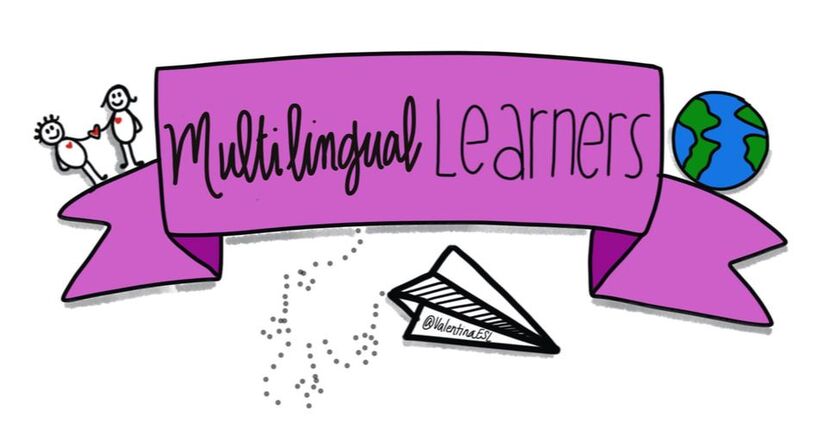
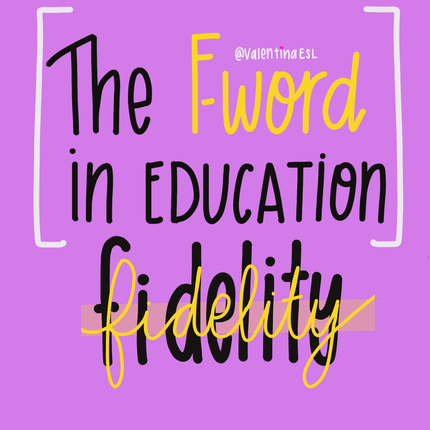
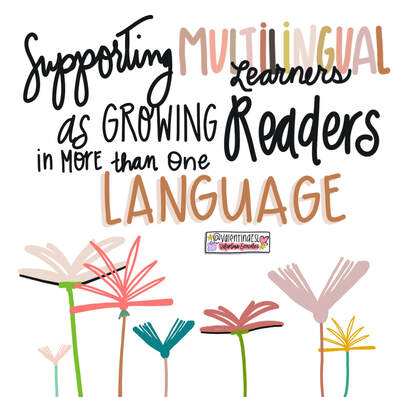
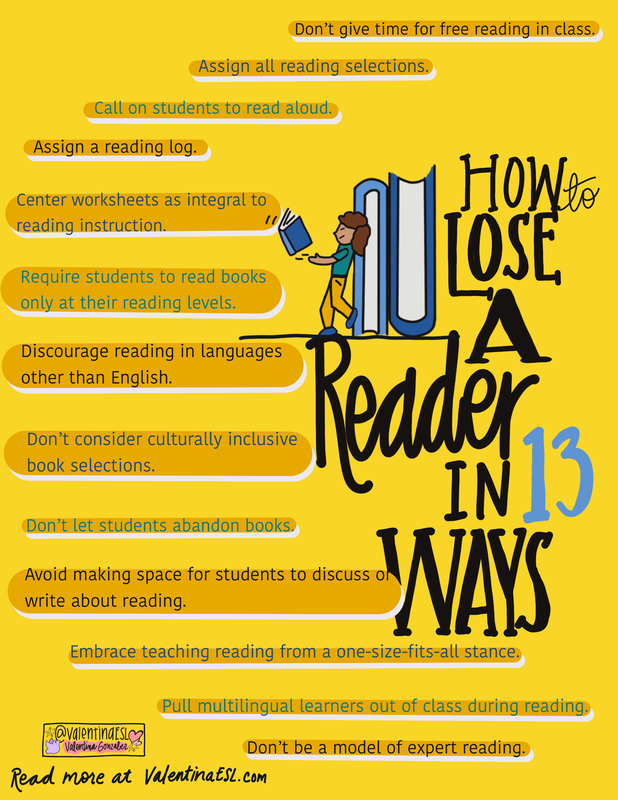
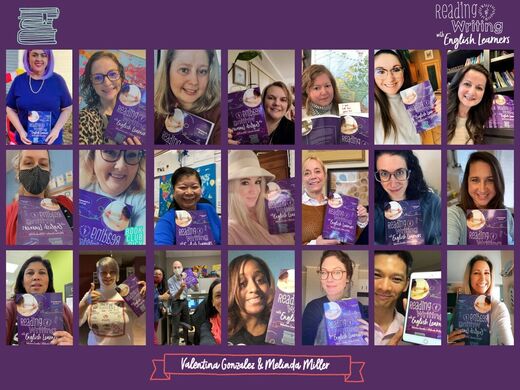
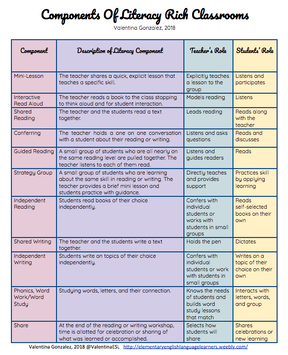
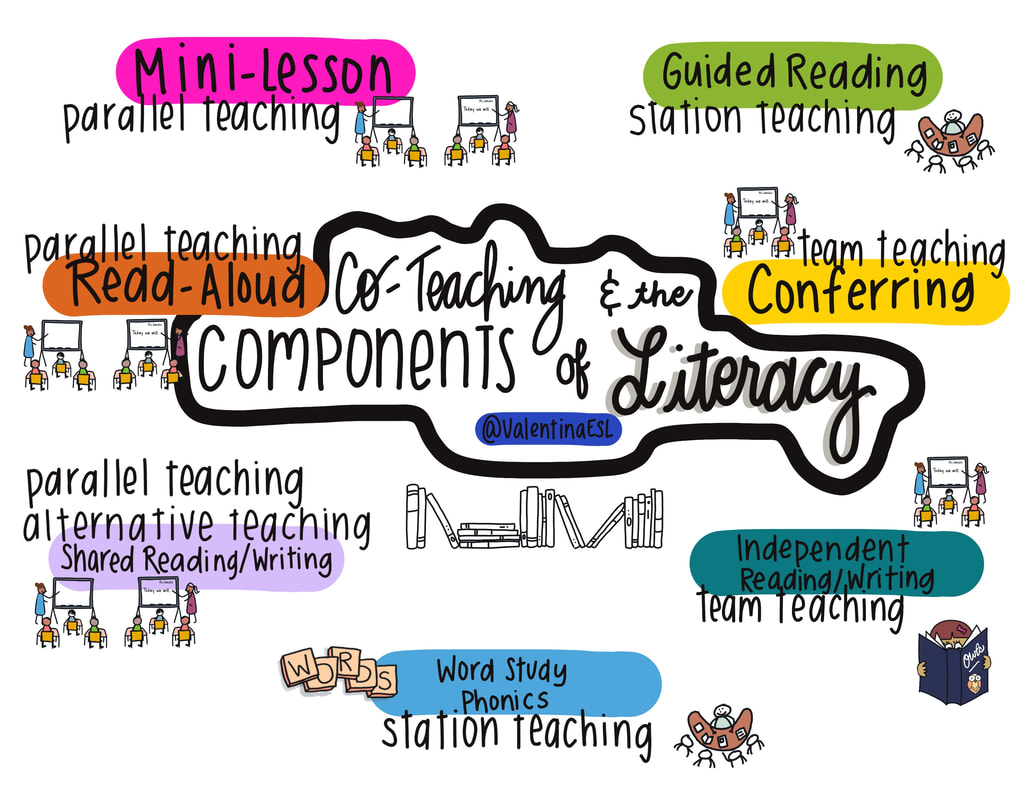
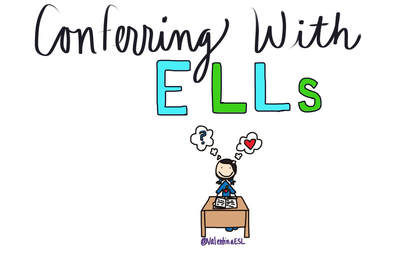
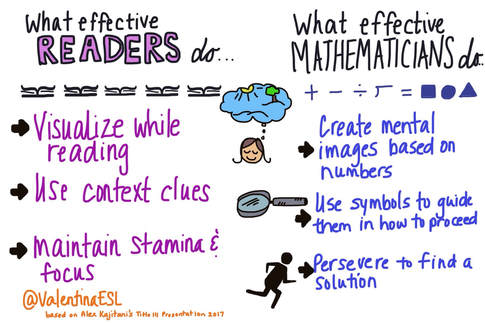
 RSS Feed
RSS Feed
